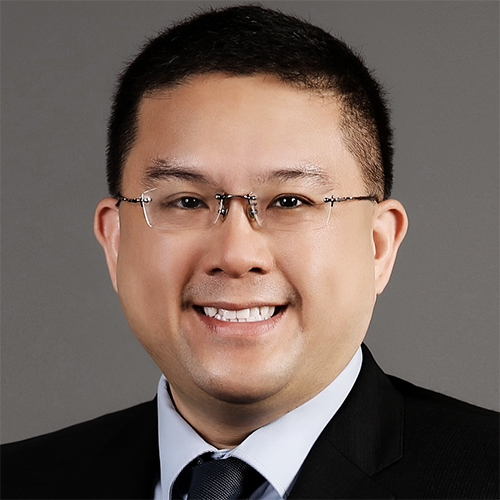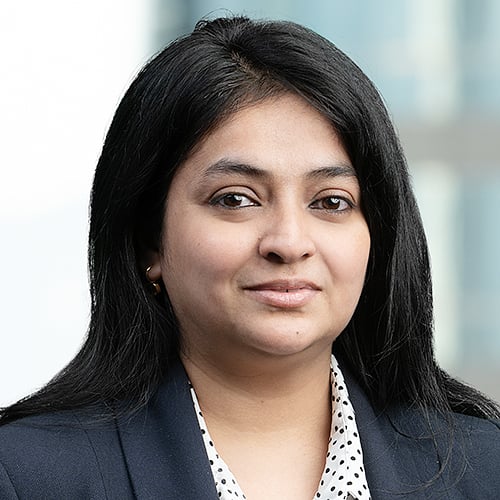About 60% of Singaporeans would divest equities within a week during a market downturn, with over half (32%) divesting within 24 hours, a new study reveals. This despite historical data showing that this kind of risk aversion usually leads to lost gains for retail investors in the long term.
The Money Relationship Monitor, launched today (October 22) by St. James’s Place Wealth Management Asia (SJP Asia), also finds that more than a quarter of respondents would divest from cryptocurrency and exchange-traded funds (ETFs) within 24 hours in the event of adverse performance.
Meanwhile, 41% of Singaporeans have no financial plan, and this often drives them to make financial decisions based on emotion rather than fact, according to the report. Of those who do have a financial plan, 14% have not incorporated the cost of inflation. As a result, many are falling short in their wealth creation goals.
While 57% of Singaporeans aspire to commit more than 20% of their annual income to savings, only 44% are able to achieve this. Two in five respondents (40%) are either dissatisfied with their current savings levels or unsure if they have enough, the study finds.
Among the reasons they cited for not saving more are high living costs (38%) and a lack of discipline with how money is spent (37%). About 28% of respondents say their living costs and income are not balanced.
Gary Harvey, chief executive officer of SJP Singapore, comments: “Sound financial planning goes beyond just saving to provide a clear pathway for wealth creation over time. Amid economic uncertainty, a plan is critical as investors are more likely to act on emotion rather than fact. This behaviour does not always translate to better long-term investment outcomes.
“Our own modelling shows that investors who divested equities within 24 hours of markets starting to fall on February 19 this year, and did not re-enter, would have lost around 18% of their investment value. By comparison, those who stayed invested would have most likely gained.”
Outside of cash, the report finds that Singaporeans have the most exposure to equities (67%), insurance (investment-linked policies) (57%) and property (56%).
Before the pandemic, Singaporeans were most satisfied with the performance of property (84% satisfied) and ETFs (82% satisfied). The most disappointing asset class was cryptocurrency (15% disappointed). Cryptocurrency at 62% and managed funds at 46% are the two asset classes Singaporean investors feel the least confident investing in.
When looking at portfolio management, diversification (19%), liquidity (18%) and risk levels (18%) are the three most important considerations for Singaporean investors, which is reflected in how they intend to adjust their portfolios in the future, according to the study.
Source of stress
The report also finds that four in five Singaporeans (83%) believe being wealthier would make them happier, with almost three quarters (72%) citing a lack of money as a source of stress in their family relationships.
Those with higher personal incomes are more likely to feel strongly that having more wealth would make them happier – with 34% of those with monthly personal incomes of S$10,000 (US$7,370) or higher strongly believing this, compared with 24% with personal incomes below S$10,000.
In terms of households, one third (33%) of those with annual household incomes above S$250,000 strongly believe having more money will make them happier, compared with 23% of those with incomes below S$100,000.
According to the report, 67% of respondents under 40 are prepared to work longer and harder while they are young, even at the expense of personal relationships, to build wealth. For a vast majority of Singaporeans (89%), generating alternative sources of income is a priority in the next 12 to 24 months.
However, 89% say having a balanced lifestyle is still more important than a higher income, with 77% believing that being wealthier will allow them to have better work-life balance.
Notes Harvey: “The perceived trade-offs between wealth and happiness is a classic dilemma. Pursuing financial freedom through salaried income alone can result in cyclical behaviour and many don’t recognize the price they pay by not taking greater control of their finances. With proper planning and advice, Singaporeans can invest prudently, diversify income streams, and ensure they are more robustly prepared for the future.”
The study was based on interviews with 2,064 respondents conducted online in February and March. Only those aged 25 to 54 who held personal investments in stocks, property, shares, funds, etc. were interviewed. All respondents were from households with a minimum annual income of S$70,000 to over S$250,000.









